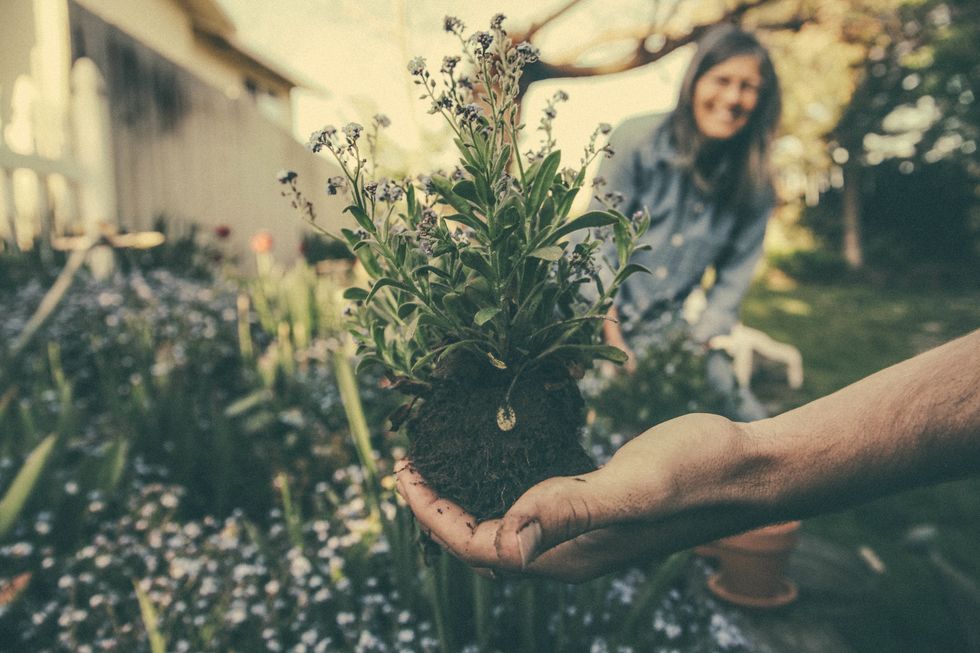Gardening has so many benefits. Growing your own herbs, fruits, and veggies can improve your mental and physical health, and even help out the environment. Read on to find out how you can start growing your own, now.
1. Decide on your plants
This depends on what type of garden you are wanting to grow. With vegetables, flowers, fruits, herbs, grains, and more, your options are endless.
There are some plants that are great for beginners, as they don't require too much experience with gardening or tending to plants. Here are some specific plants to begin with, depending on what category you are going for:
Veggie: Try Lettuce, Carrots and Cucumbers. These vegetables tend to be easy to care for, and tend to grow quickly!
Fruit: Strawberries, Blackberries, and Raspberries are fairly easy to grow. These are best for this time of year, late summer and early fall!
Herb: Chives, Mint, and Parsley are all incredibly easy herbs to grow, for beginners. Chives, especially, can grow just about anywhere.
Succulent: Agave and Aloe, specifically, are two great succulents to start with, if you are a beginner.
Flower: Believe it or not, Sunflowers are incredibly easy to grow, and are great for beginner gardeners. Other flowers that grow easily include the Zinnia, Marigolds, and Begonias.
2. Choose your location
This could be a number of places, depending on your plants of choice, and your creativity. Here are some ideas:
Backyard: Veggies are best grown in the backyard, but you can also start your flower garden in the backyard, as well.
Balcony: For those of us living in apartments, the balcony option for growing a garden, is perfect
Indoor: Succulents grow well when they are kept indoors. However, flowers can sometimes be grown inside, if they are allowed enough light.
Windowsill: Many different plants do well on windowsills, including different fruits and flowers. Get creative and make a masterpiece!
3. Nurture your garden
Just as it is important to hydrate yourself, it is essential to keep your plants hydrated, as well. Some plants need more or less water, depending on their original climates.
Particular types of plants need to be watered in certain ways, as well. The amount of sunlight needed for your particular plant(s) is also super important. As we learned in elementary school, plants require energy from the sun, in order to grow and thrive. However, the plants that you are decide to grow, may need more sunlight than what you expect.
Of course, there is much more work to be done, besides following these 3 steps. However, you can absolutely do this on your own, or even with a friend. Get started today and get in touch with nature!






















